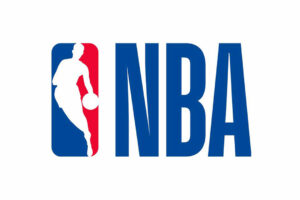Poor choice

In the wake of the Heat’s deflating loss in Game Seven of the Eastern Conference Finals, not a few quarters have seen fit to question leading scorer Jimmy Butler’s decision to go for the trey with still 16.7 seconds to go in the fourth quarter. The black and red were down just two points, and he could have pushed the ball straight to the hoop in transition for the tie instead of pull-up for an open, but still lower-percentage, attempt. And because he missed, and they lost, the second-guessing became even more pronounced, if not justified.
Certainly, it didn’t help that Butler’s career percentage from deep was far below the National Basketball Association’s norm, or that he was hitherto one of three in threes for the outing. It was a poor choice, said the naysayers; even if he had made it, there was still more than enough time for the Celtics to retaliate — the exact same scenario that supposedly made a basket closer to the rim with a lot of time on the clock an iffy proposition. Bottom line, the critics argued, you put yourself in the best position to succeed, and then prevent them from doing the same.
It goes without saying, of course, that Butler himself was comfortable taking the shot, his poor clip from beyond the arc notwithstanding. More importantly, he had the support of his teammates and Heat coach Erik Spoelstra, who thought of it as “a good, clean look, better than anything we could have designed.” At the same time, there was no doubting that he earned the right to seal their fate one way or the other; his heroic stand in Game Six and singular effort heading into the fateful moment the other day were precisely why they had a chance to steal the series in the first place.
Perhaps Butler was too tired to soldier on, having played 46 minutes in the penultimate contest and every single second in the rubber match. Perhaps he saw the weary faces of those around him as well, and thus figured the Heat could not survive another five minutes against the decidedly superior Celtics. In any case, he did what he did; after others put up the points to trim a seemingly insurmountable 13-point deficit to two, he thought it was his time to shine. And so he rose. As he disclosed in his post-mortem, “my thought process was go for the win, which I did. Missed the shot, but I’m taking that shot. My teammates like the shot that I took, so I’m living with it.” So is everybody else throughout a long offseason.
Anthony L. Cuaycong has been writing Courtside since BusinessWorld introduced a Sports section in 1994. He is a consultant on strategic planning, operations and Human Resources management, corporate communications, and business development.




